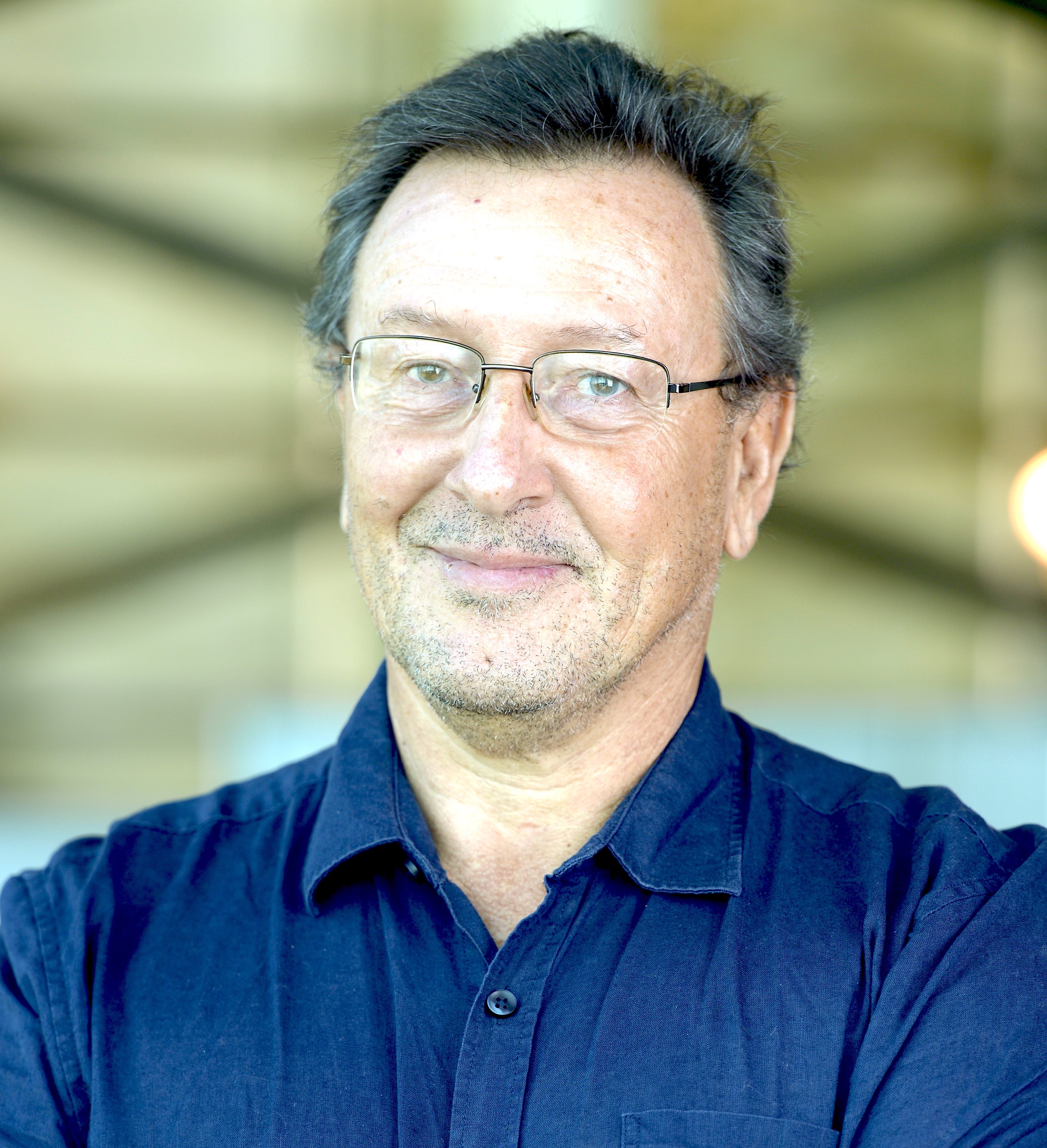Co-Chair
Jonathan Baillie is President and Chair of the Board of NATURAL STATE, a not-for-profit that aims to catalyze large-scale restoration globally with the goal of sequestering carbon, improving the…
Jonathan Baillie is President and Chair of the Board of NATURAL STATE, a not-for-profit that aims to catalyze large-scale restoration globally with the goal of sequestering carbon, improving the status of biodiversity and benefiting human well-being.
Previous to NATURAL STATE Baillie was Chief Scientist and Executive Vice President of National Geographic Society where he oversaw Grants, Impact Initiatives, National Geographic Labs, Explorer Programs, Storytelling and the International team.
Baillie joined National Geographic Society in 2016 after 20 years at the Zoological Society of London (ZSL), where he most recently served as Conservation Programmes Director, overseeing conservation projects focused on threatened species and their habitats in more than 50 countries.
As a leader in the scientific effort to quantify biodiversity and develop biodiversity indicators at a global scale, Baillie has authored several key scientific publications on the status of the world’s species and ecosystems. He helped develop some of the most influential indicators defining the status of species and ecosystems such as the Living Planet Index, Red List Index and Wildlife Picture Index. Early in his career he worked with a network of 8,000 scientist to produce the first IUCN Red List of Threated Species using quantitative criteria to assess the status of all known threatened species and assessed the conservation status of all known mammals for the first time. Subsequent to this he played a leading role in assessing that status of all vertebrates and a representative group of invertebrates. He also worked with the International Union for the Conservation of Nature to produce the first list of the 100 most threatened animals, plants and fungi. In addition he co-chaired the IUCN Regional Red List Working Group and the IUCN Pangolin Specialist Group.
Baillie lead the ZLS team that founded the EDGE of Existence program, which focuses on Evolutionary Distinct and Globally Endangered (EDGE) species and supports young scientists around the world working to protect animals facing extinction. At ZSL he also founded the Conservation Technology, Business and Biodiversity and Indicators and Assessments Units.
Baillie also helped initiate United for Wildlife, led by the Duke of Cambridge, a collaboration of seven of the most influential conservation organizations working to address illegal wildlife trade at scale. Under this collaboration head lead on the development of the award winning digital conservation leadership learning platform, the Rhino Impact Investment, and the development of technology for nature.
Baillie is committed to engaging the next generation and has written a number of children’s books and helped launch a media company, On The Edge, focused on communicating the amazing diversity of life.
Baillie completed his undergraduate studies in Geography at Queen’s University in Canada. He received a master’s degree in Conservation Biology from Yale University and a Ph.D. in Biology from Silwood Park, Imperial College London. He is currently a visiting professor of Zoology at the University of Oxford.
Baillie’s extensive fieldwork includes conducting behavioral studies of desert baboons in Namibia; researching and monitoring western lowland gorillas in Gabon; understanding persistence and vulnerability of island endemic birds in the Gulf of Guinea; and discovering evidence of EDGE species, such as the long-beaked echidna in the Cyclops Mountains in Indonesia.



